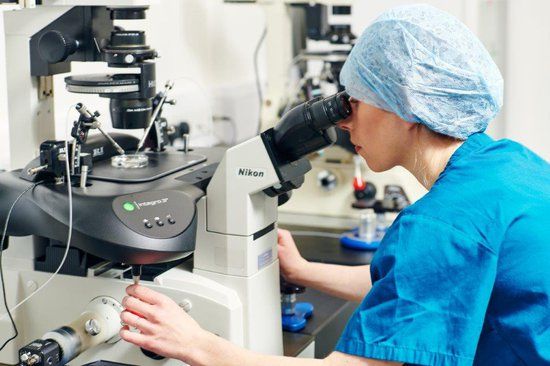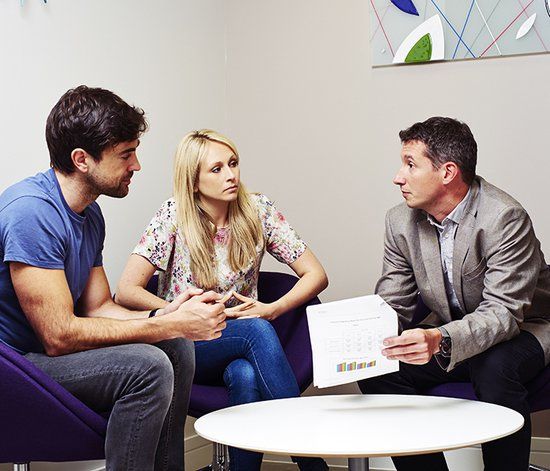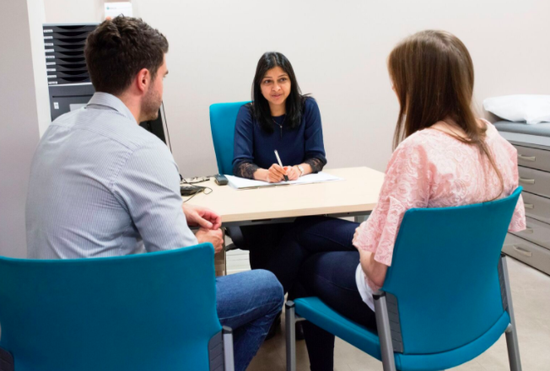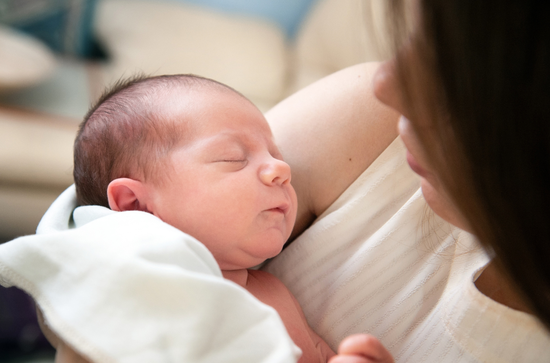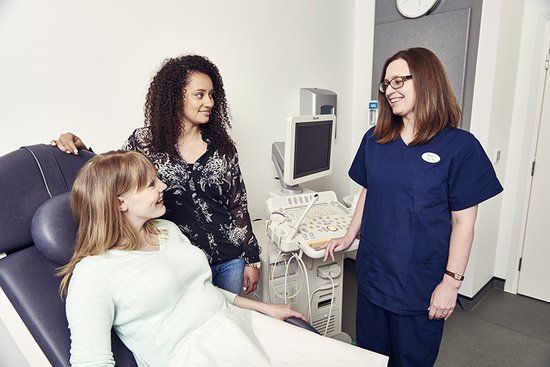
Does a negative pregnancy test mean you are definitely not pregnant after IVF? Here’s what a pregnancy test measures, and what happens next in your treatment journey if your result is negative.
How do home pregnancy tests work after IVF?
The pregnancy test you perform after IVF measures the amount of hCG in your urine. hCG - human chorionic gonadotropin is the hormone that is produced by the implanted embryo. In the earliest first days of pregnancy, hCG concentration increases rapidly, doubling every 72 hours.
Our clinic team will provide all patients going through IVF treatment with a test kit to complete at home when the time is right.
How soon can I do a pregnancy test after IVF?
Waiting to take a pregnancy test can be a difficult and anxious time, but it is important to wait and only test when we tell you to, which is usually around two weeks after your embryo transfer. This is because if you test too soon, your hCG level may be too low to detect, leading to an inaccurate result and unnecessary stress and worry.
This might feel like the longest two weeks, but there is a method. Testing too soon could give you results that aren’t reliable. We understand the temptation but trust the process and hold off testing early. We're here to offer support every step of the way.
Sister Samantha Potts – Head of Nursing

What if my pregancy test result is negative?
If your period does not begin, repeat the test again in a few days. Call our team with your result and we will arrange next steps, which if your test is negative includes a cycle review and follow-up with your fertility specialist, together with counselling. We may also arrange a blood test to confirm your result.
How to cope with a negative pregnancy result after IVF?
A negative result is emotionally challenging and disheartening and can be hard to deal with. We are here to support you when your treatment cycle doesn’t end the way we all want it to.
You will be offered counselling with our team to help you process this stage of your treatment journey and look forward with hope.
Remember, a negative test does not mean you will never get pregnant or that you have ‘failed’. Although some couples have successful IVF first time, it is not unusual to need more than one cycle to conceive.
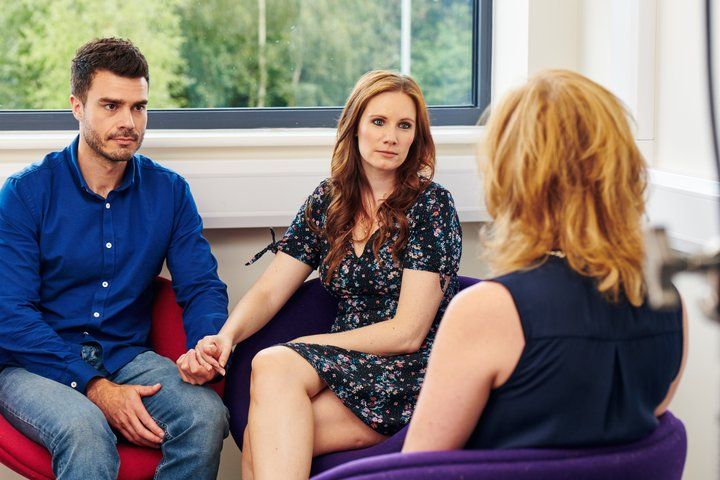
Next Steps after a negative test result
A negative test result does not mean that IVF and fertility treatment will not work for you. This is not the end of the road. We thoroughly assess every unsuccessful cycle to see if any changes can be made for future treatment.
We will talk you through your options next in your follow-up appointment. Depending on your individual circumstances and preferences, you may explore various options, including:
Repeat IVF cycle: Some individuals or couples may choose to undergo another IVF cycle.
Donor eggs or sperm: If issues with egg or sperm quality are contributing to fertility challenges, using donor eggs or sperm may be considered.
Gestational surrogacy: For individuals or couples unable to carry a pregnancy themselves, gestational surrogacy offers an alternative path to parenthood.
You can learn more about our review process and the next steps we could take in our ‘When IVF fails what happens next?’ blog. It is reassuring to know we have a plan in place. Knowing the next steps in your fertility journal can help you keep a positive outlook even after an unsuccessful cycle.
Pregnancy test after IVF: Help and advice
If you are worried or anxious about your pregnancy test, call our Fertility Nurses or our Fertility Support Midwife, who provide valued support and early pregnancy advice during the ‘two week wait’. Contact our team on 0161 300 2737.
You can also read about our patients’ experiences and the stories of their fertility journeys on our Testimonials page.
Last updated: 5th April 2024


